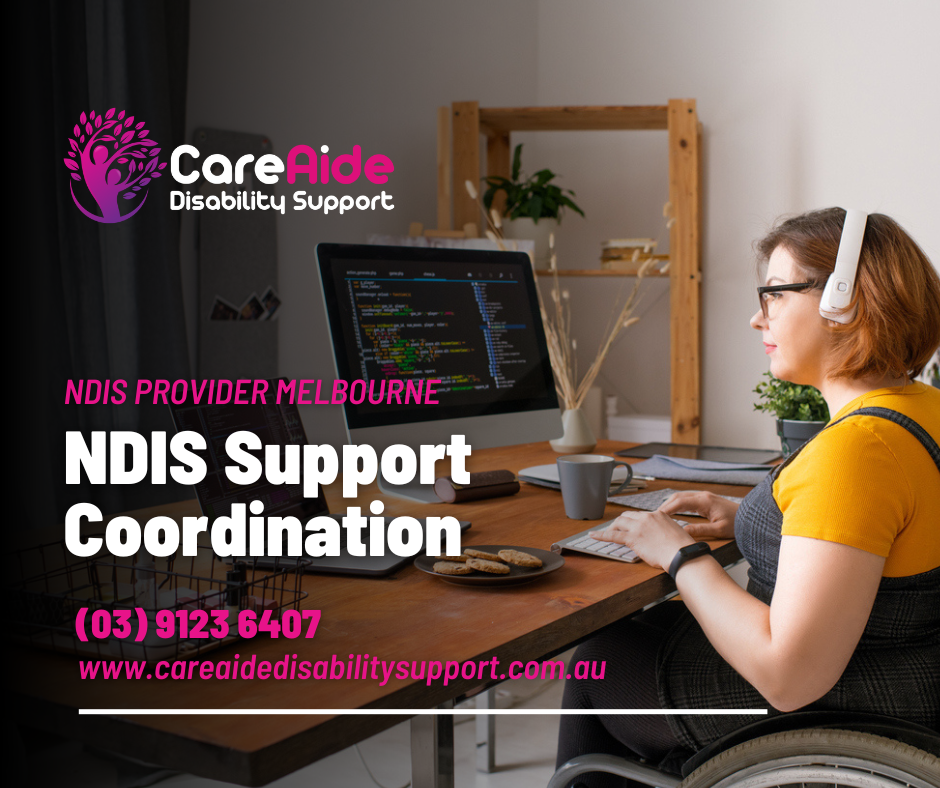
Lack Of Progress With Current Supports
If your child has been receiving support services for some time, but you have noticed a lack of progress in their development, it may be time to consider support coordination. A support worker can assess your child’s current support plan and identify any gaps in services or supports that may be hindering their progress. They can then work with you to develop a more effective support plan that meets your child’s needs and helps them reach their goals.
Difficulty Communicating
If your child has difficulty communicating their needs or preferences, they may require specialist support coordination to ensure that their voice is heard. A support worker can work with your child to develop communication strategies that work for them and can also help you advocate for your child’s needs within the NDIS system.
Need For Assistive Technology
If your child requires assistive technology, such as communication devices, mobility aids or sensory equipment, they may require NDIS support coordination to help access and use these devices effectively. A support worker can help you identify the appropriate assistive technology for your child’s needs and provide training and support to ensure they are used effectively.
Support Network Issues
If your child’s support network is limited or has become unreliable, they may require NDIS support coordination to help establish a more robust support system. A support worker can work with you to identify new support networks, such as community groups, volunteers, or respite services, and help you navigate the NDIS system to access funding for these supports.
Behavioural Challenges
If your child is experiencing behavioural challenges that are impacting their ability to participate in daily activities, an NDIS support worker may be required. A support worker can help identify the underlying causes of the behaviour and develop strategies to manage and reduce the behaviour, helping your child participate more fully in their daily life.
Complex Medical Needs
If your child has complex medical needs, they may require a disability support worker to help manage their care. A support worker can help coordinate medical appointments, liaise with healthcare providers, and ensure that your child’s medical needs are being met.
Significant Change in Circumstances
If there has been a significant change in your child’s circumstances, such as a new diagnosis, a change in living situation, or a change in school, they may require specialist support coordination to help navigate the transition. A support worker can help you identify the new services and supports required, liaise with new providers, and ensure that your child’s needs are being met during the transition.
A support worker can provide the necessary support, advice and assistance to help your child access the services and supports they require to thrive. If you are unsure whether your child requires specialist support coordination, speak to your NDIS provider for advice and guidance.
NDIS providers can be beneficial for children with disabilities who require help navigating the complex world of support and services. If you notice any of the signs mentioned above in your child, it may be time to consider disability support Werribee service. A support worker can provide the necessary support, advice, and assistance to help your child access the services and support they need to reach their full potential.

Recent Comments